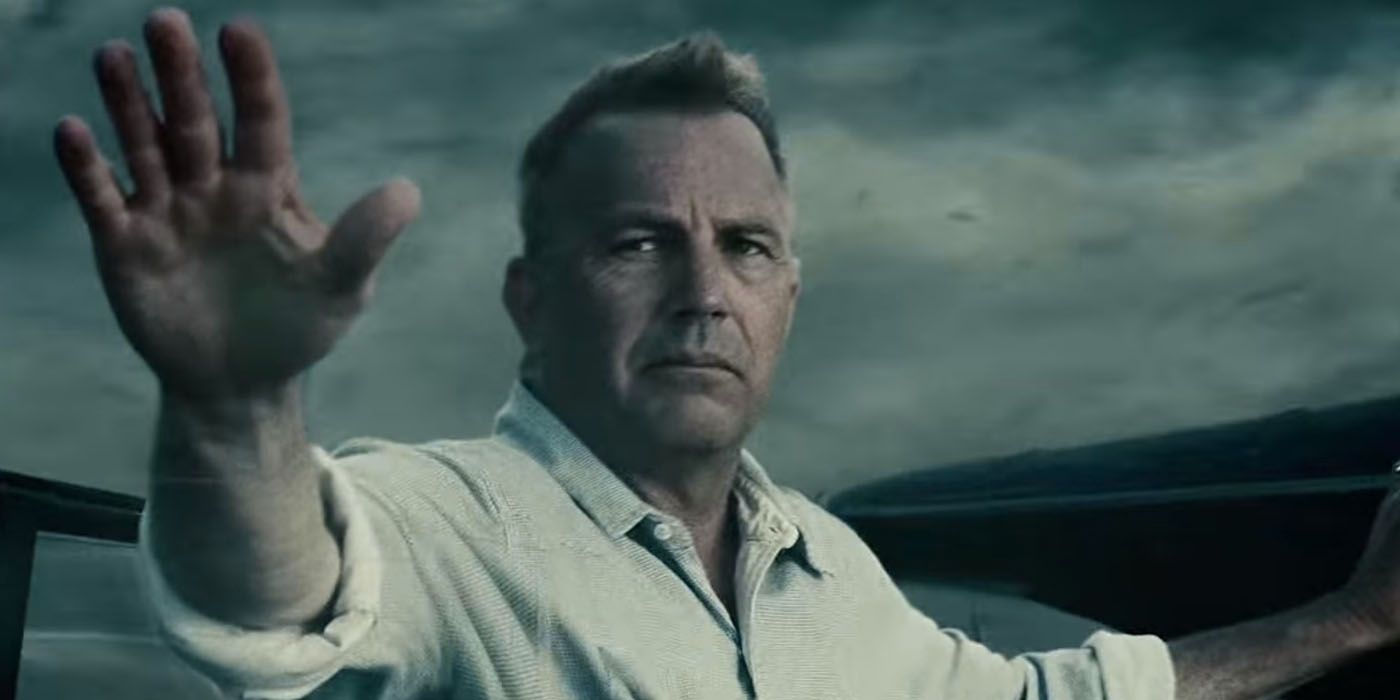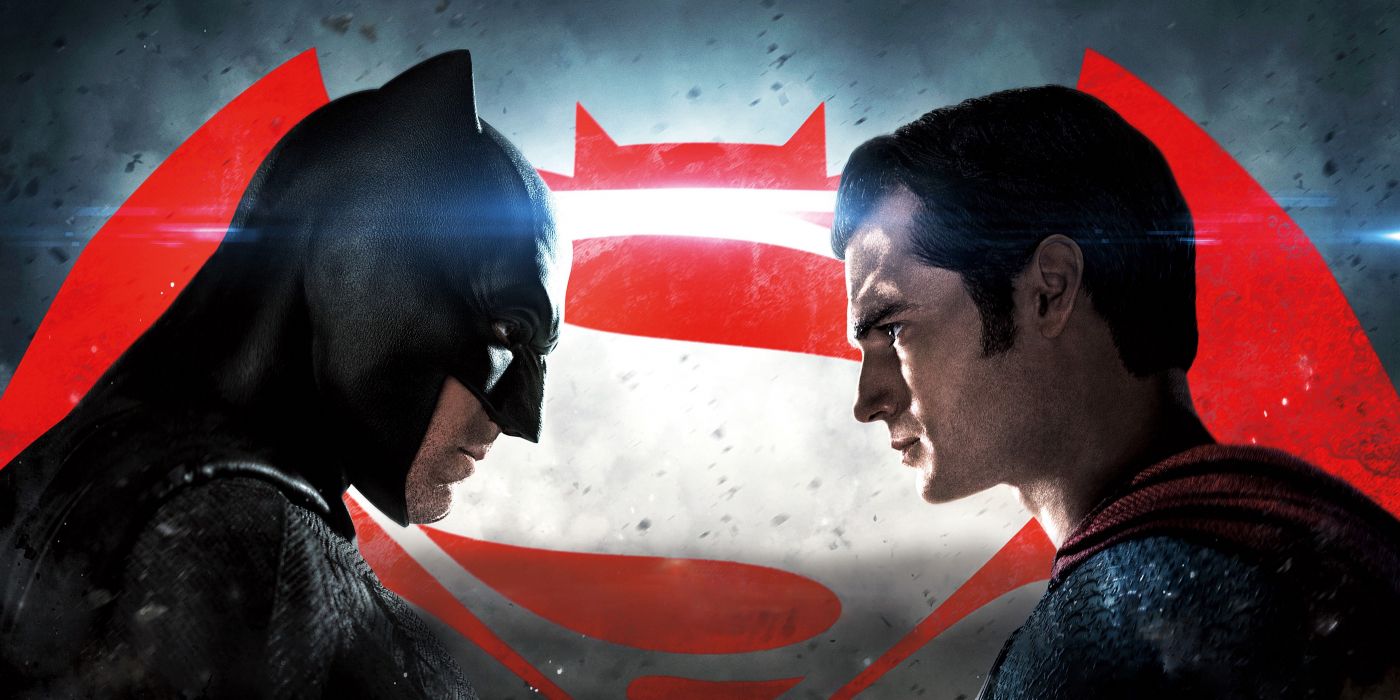Warner Bros. Made One Huge Mistake That Sank The DCEU | Game Rant

Warner Bros. is charging bravely ahead with their DC Extended Universe films. James Gunn's The Suicide Squad comes out later this year, and 2022 will be packed with DCEU films. What the DCEU actually needs is a full reboot. Anyone who's watched the DC movies since Man of Steel might wonder how WB considers their films to exist within a single universe.
The DC movies have been tonally inconsistent at best and utterly contradictory at worst. Some films, like Joker, are explicitly non-canon while others, like the recent Zack Snyder's Justice League, rest uneasily with the DCEU's timeline. Major actors have already left the DCEU, regardless of stories not being written to prepare for their absence. Ben Affleck won't be getting the same emotional send-off Chris Evans received when he gave up Captain America's shield.
Eventually, fans will learn whether or not Cyborg will appear in The Flash or if Arthur Curry misses his Justice League friends in Aquaman 2. Eventually, WB will need to reboot or retcon at least some portion of the DCEU. For now, it's worth looking back at how WB got into this situation. The DCEU didn't have to be this big of a mess, but WB doomed it from the beginning.

When WB first began planning the DCEU, they were playing catch up with Marvel. They wanted to emulate the MCU's massive success, but they wanted to do it in less time and with fewer films. At the time, they thought one of the biggest challenges would be pulling talent away from Marvel, who was already dominating Hollywood and seemingly including every celebrity in existence in their universe.
That's why WB decided to take a filmmaker-driven approach to their universe. In theory, their approach meant that individual filmmakers would get the chance to bring their unique voices to the DCEU. In practice, the approach meant that the DCEU was a ship without a captain.
Marvel famously had (and has) Kevin Fiege working behind the scenes to oversee the MCU. The DCEU's Batfleck has even called Fiege the greatest producer of all time. WB considered one overseeing voice to be a hindrance to their vision. They wanted the DCEU to offer greater flexibility between films than the MCU, which is often criticized for being stylistically identical from film to film.
Instead of a Fiege, WB had a "brain trust" of at least half a dozen different people working to map and plan the universe. Among those were Geoff Johns and Zack Snyder. The studio seemed to view Johns as their comic expert. Certainly, he has a lot of experience at DC comics, though the quality of his work there is up for debate. Snyder had worked on previous comic-to-film adaptations (300 and Watchmen). WB's brain trust was content to let Snyder have the loudest voice in the DCEU.

Someday the DCEU might live up to its promise of a "filmmaker-driven approach." It seems to be shifting that way, but despite the promise, that's not how the DCEU began. The brain trust wanted to be as hands-off as possible, so they found one filmmaker and let him drive the universe.
WB committed too quickly and too much to Zack Snyder. They brought him on as the creative lead for DC Entertainment, and gave him control of every part of the DCEU's foundation. He directed the first in-universe film, Man of Steel. Its reception was mixed but mostly positive, due in part to Christopher Nolan's influence on the film. By that point, WB had already given Snyder free reign for Batman v Superman: Dawn of Justice and Justice League.
WB didn't realize their mistake until Batman v Superman failed critically. By that point, it was too late. Production had already begun on Justice League. Snyder's films were so expansive that they touched on almost every major element and character within the DCEU. Even the new directors that WB had begun hiring, like Patty Jenkins and James Wan, needed to deal with the fallout of Snyder's movies in their own films. The result is an extended universe of films that are more or less unwillingly tied to some of the biggest blockbuster failures of the past decade.
On top of that, WB let Snyder become a lightning rod for controversy in their film universe. The filmmaker came to overshadow the films. More people can explain the basic details of the #RestoreTheSnyderCut campaign than the basic plot of Batman v Superman. WB probably thought that $70 million and a release of Zack Snyder's Justice League would finally free them from the director and finally let their film universe grow beyond his muddy, derivative vision. Fans will have to wait and see.
The core of the DCEU still belongs to Zack Snyder. He has offered that universe's definitive versions of its superheroes. How can future sequels improve on poorly built characters, incoherent plot lines, and contradictory tones? It's hard to imagine that anything but a full reboot will save the DCEU. Considering major upcoming films like The Batman will take place outside of the DCEU canon, WB hasn't ruled that out yet.

Post a Comment